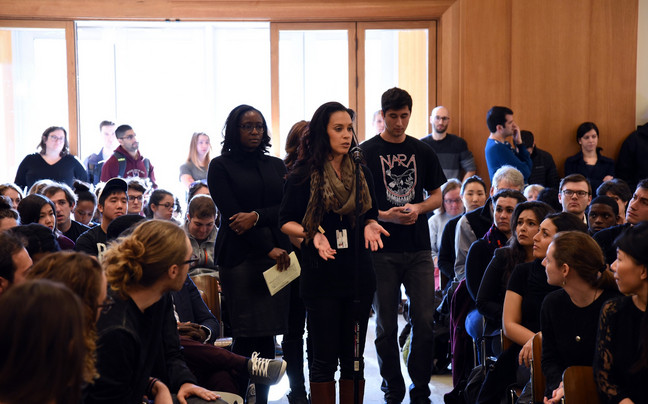
The potential outcome of cases involving Harvard University and the University of North Carolina has prompted administrators from a dozen colleges and universities to prioritize maintaining an inclusive student population. In interviews, senior administrators stressed the critical need to prevent the further widening enrollment gaps among different student groups. They emphasized the responsibility of higher education institutions to work collaboratively toward creating an educated and equitable society.
For many selective U.S. colleges and universities, affirmative action has long been employed to increase the representation of minority students. The value lies in providing educational opportunities and fostering a campus environment enriched by diverse perspectives. Affirmative action entails policies that favor groups considered disadvantaged or subjected to discrimination, particularly in hiring and student admissions.
In light of the potential changes in the legal landscape, schools are actively exploring various strategies to uphold diversity. Administrators are devising plans to expand the recruitment of diverse applicants, remove application barriers, and increase the acceptance rates of minority students who receive admissions offers.
Rice University in Houston, for example, intends to place increased emphasis on student essay responses to ensure the admission of students from diverse backgrounds. The U.S. Air Force Academy plans to focus on recruiting students from various congressional districts. Skidmore College in New York highlights the growing importance of establishing connections with high school counselors to broaden their applicant pool. Additionally, many schools have already waived application fees, made standardized testing optional, and are seeking ways to enhance financial aid offers, all of which could contribute to bolstering minority enrollment.
Nevertheless, administrators acknowledge the potential need to revise their plans to align with the scope of the Supreme Court's reasoning in the Harvard and University of North Carolina cases. They recognize that any steps taken to circumvent a ban on race-conscious admissions policies may face their own legal challenges.
Danielle Holley, the current dean of Howard University School of Law in Washington and incoming president of Mount Holyoke College in Massachusetts, predicts the likelihood of a new wave of lawsuits arising from the adoption of new admission standards by colleges and universities. Cases supported by anti-affirmative action activists have accused Harvard and the University of North Carolina of engaging in unlawful discrimination in their admissions processes, either by violating the U.S. Constitution's guarantee of equal protection under the law or a federal law prohibiting discrimination based on race and other factors. Both schools have vehemently denied these allegations.
As the Supreme Court's decision on affirmative action looms, higher education institutions are facing a pivotal moment that will shape the future of diversity on campuses nationwide. The outcome will undoubtedly influence admissions policies and ignite further debates on achieving equal opportunity and inclusivity in American higher education.





